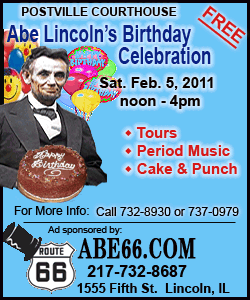| ||||||||||
| ||||||||||
Polling also points to how the political landscape has changed. In 1990, Gallup first asked about the status of laws covering the sale of firearms. Back then, 79 percent said such laws should be made stricter. By 2000, that figure had dropped to 62 percent. And in the most recent polling, in October, that number dropped to 44 percent. Gun control advocates say the immediacy of the Tucson shootings is key to pushing legislation now, before public outrage fades. "The NRA is doing what it always does, they want people to not talk about the issue, they want to delay until the collective state of excitement over the issue has gone down," said Josh Horwitz, executive director of the Coalition to Stop Gun Violence. National Rifle Association officials declined repeated requests to discuss their efforts in the aftermath of the Tucson shootings. Spokesman Andrew Arulanandam sent an e-mail saying, "At this time anything other than prayers for the victims and their families would be inappropriate." Chad Ramsey of the Brady Campaign to Prevent Gun Violence said his group would reach out to nearly 100 new lawmakers to gauge their interest in restricting magazine capacity. "When they see someone from their own fraternity get shot, they may come at this issue with a fresh set of eyes," Ramsey said. "There are people who may have said to the NRA, `Yeah, I'll support whatever you want' who now think "I've got to support this. We're talking about barring 33-round magazines. Who needs those?'" Still, Ramsey acknowledges that much has changed over the years in how lawmakers overall treat gun legislation. The environment for those seeking greater gun restrictions has rarely been more daunting. "The faulty notion that the gun issue hurt Al Gore in his presidential election has continue to haunt us," Ramsey said. "It's a chestnut that some Democratic strategists have latched onto, and it's caused a lot of damage for our issue." Both sides said they've sent lobbyists to the Capitol this week, visiting traditional supporters and fence-sitters on the gun issue in an attempt to gauge support. Lawmakers and congressional aides, though, said lobbying activity has been minimal. "I think lobbying groups may feel this is personal to all of us; they may feel it could end up backfiring if they come in," said New York's Rep. King. Both sides are also using e-mail and the Internet to urge supporters to contact members of Congress. "We're urging Congress to not have some type of knee-jerk reaction that ends up restricting the rights of 80 million law-abiding gun owners," said John Velleco, chief lobbyist for Gun Owners of America.
[Associated
Press;
Copyright 2011 The Associated Press. All rights reserved. This material may not be published, broadcast, rewritten or redistributed.

News | Sports | Business | Rural Review | Teaching & Learning | Home and Family | Tourism | Obituaries
Community |
Perspectives
|
Law & Courts |
Leisure Time
|
Spiritual Life |
Health & Fitness |
Teen Scene
Calendar
|
Letters to the Editor